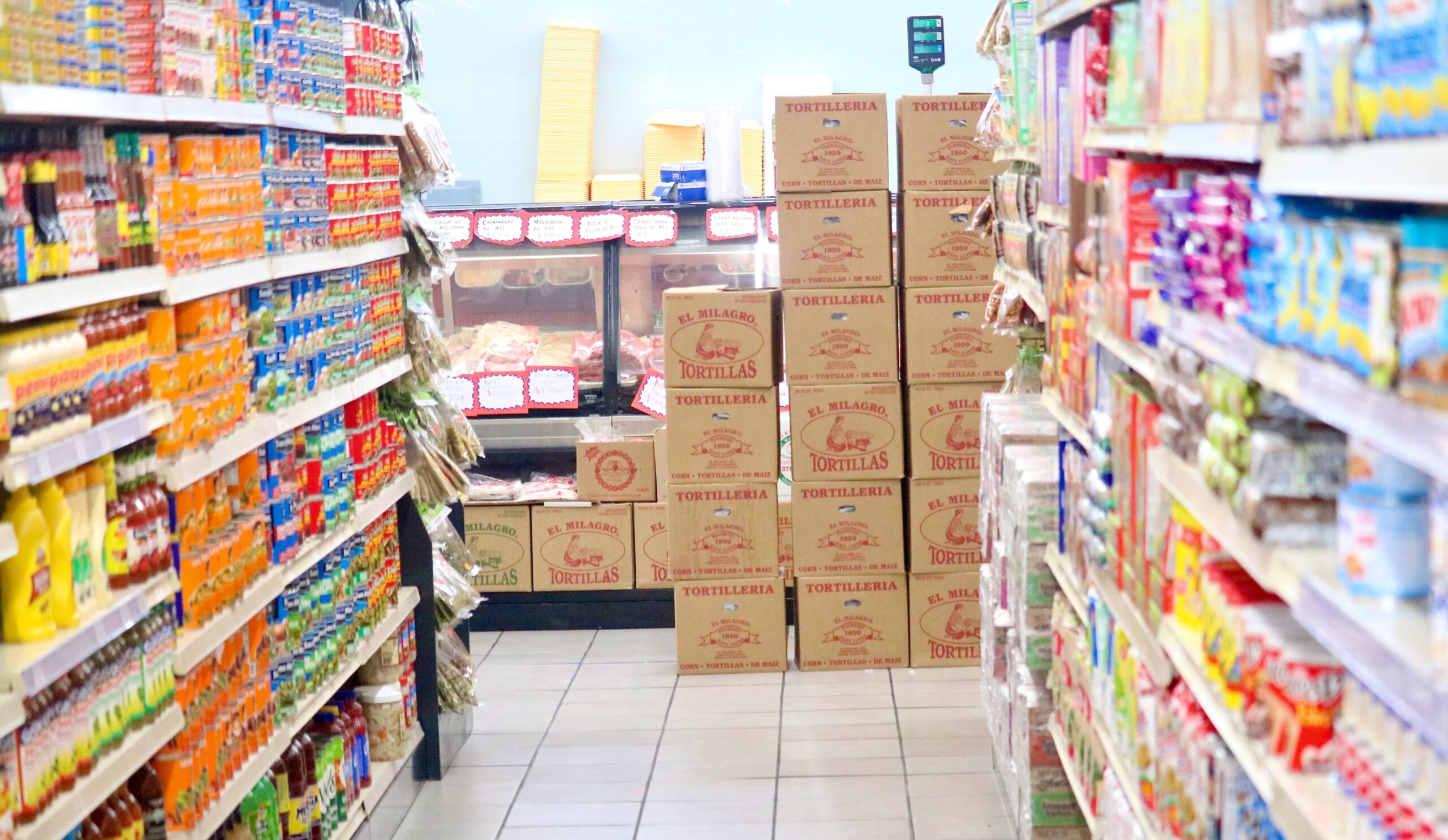Top Stories
Northern Illinois Towns Rush to Enact 1% Grocery Tax Before Deadline

URGENT UPDATE: As of October 1, 2023, over 646 municipalities in northern Illinois have successfully enacted a 1% grocery tax to replace the statewide tax set to expire on January 1, 2024. This critical move allows local towns to maintain vital funding just in time to meet the deadline established by state authorities.
Illinois Governor JB Pritzker and state lawmakers decided to end the statewide grocery tax, which had been a significant source of revenue for local communities. The expiration of this tax means municipalities had to act quickly, passing local ordinances by the October 1 deadline to ensure the grocery tax continues into the new year.
Local city councils and village boards navigated a tight timeline, needing to submit their tax ordinances to the Illinois Department of Revenue online. With the clock ticking, municipalities that failed to act by the deadline will have to wait for future opportunities to implement a grocery tax—specifically, they can submit ordinances by April 1 for a July 1 start or by October 1 for a January 1 start the following year.
The significance of this development cannot be understated. Nearly half of Illinois’ 1,295 municipalities have opted in, showcasing a strong commitment to local funding. The list of towns opting for the tax includes several from various northern Illinois counties, ensuring they can support essential services and community programs.
Here are key municipalities that have enacted the grocery tax:
– **Cook County:** Chicago, Arlington Heights, Barrington, and more.
– **DeKalb County:** DeKalb and Genoa.
– **DuPage County:** Naperville, Aurora, and Wheaton.
– **Kane County:** Elgin, Geneva, and St. Charles.
– **Lake County:** Waukegan, Libertyville, and Grayslake.
These towns are now positioned to leverage the revenue generated from the grocery tax, which will be crucial for local budgets, especially in the face of rising costs and increasing community needs.
Residents should be aware that this tax change will not impact grocery prices until January 1, 2024, and will provide municipalities with the necessary funds to address local issues effectively.
As the situation develops, we will continue to monitor which other towns may implement their grocery taxes in upcoming fiscal periods. More updates will follow as municipalities finalize their plans and report back to the Illinois Department of Revenue.
Stay tuned for further details on how these tax changes will affect local communities and grocery prices in the coming months.
-

 Politics4 weeks ago
Politics4 weeks agoSecwepemc First Nation Seeks Aboriginal Title Over Kamloops Area
-

 World5 months ago
World5 months agoScientists Unearth Ancient Antarctic Ice to Unlock Climate Secrets
-

 Entertainment5 months ago
Entertainment5 months agoTrump and McCormick to Announce $70 Billion Energy Investments
-

 Science5 months ago
Science5 months agoFour Astronauts Return to Earth After International Space Station Mission
-

 Lifestyle5 months ago
Lifestyle5 months agoTransLink Launches Food Truck Program to Boost Revenue in Vancouver
-

 Technology3 months ago
Technology3 months agoApple Notes Enhances Functionality with Markdown Support in macOS 26
-

 Lifestyle3 months ago
Lifestyle3 months agoManitoba’s Burger Champion Shines Again Amid Dining Innovations
-

 Top Stories2 months ago
Top Stories2 months agoUrgent Update: Fatal Crash on Highway 99 Claims Life of Pitt Meadows Man
-

 Politics4 months ago
Politics4 months agoUkrainian Tennis Star Elina Svitolina Faces Death Threats Online
-

 Sports5 months ago
Sports5 months agoSearch Underway for Missing Hunter Amid Hokkaido Bear Emergency
-

 Politics5 months ago
Politics5 months agoCarney Engages First Nations Leaders at Development Law Summit
-

 Technology5 months ago
Technology5 months agoFrosthaven Launches Early Access on July 31, 2025





















